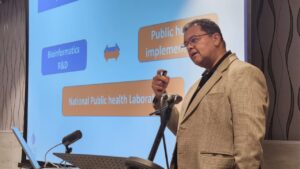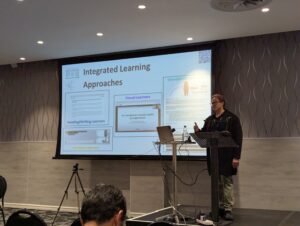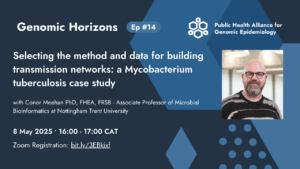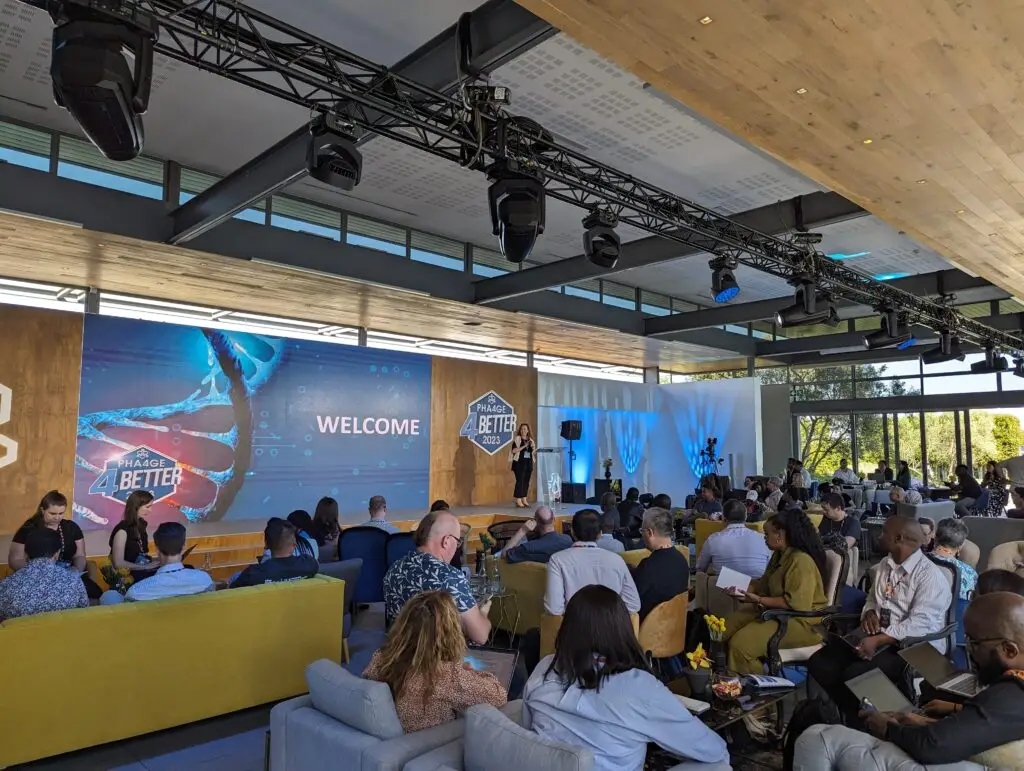
In the heart of intellectual exchange and ground-breaking discoveries, day two of the #PHA4GECon continued to push on with the future of pathogen genomics. Here’s a recap of the riveting sessions that took place.
Unlocking Pathogen Genomics in Resource-Limited Settings
The session kicked off with an electrifying discourse on infrastructure crucial for facilitating public health pathogen genomics, especially in resource-limited settings. Joel Sevinsky from Theiagen Genomics, Kim Ng from Statens Serum Institute, Abebe Negeri from Ethiopian Public Health Institute, and Gerald Mboowa from Africa CDC spearheaded this insightful discussion.
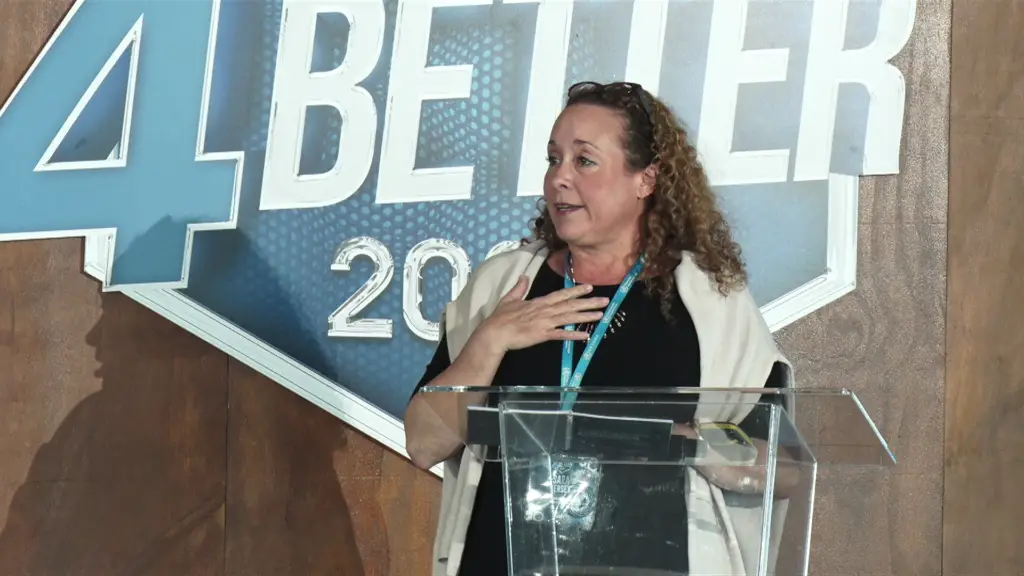
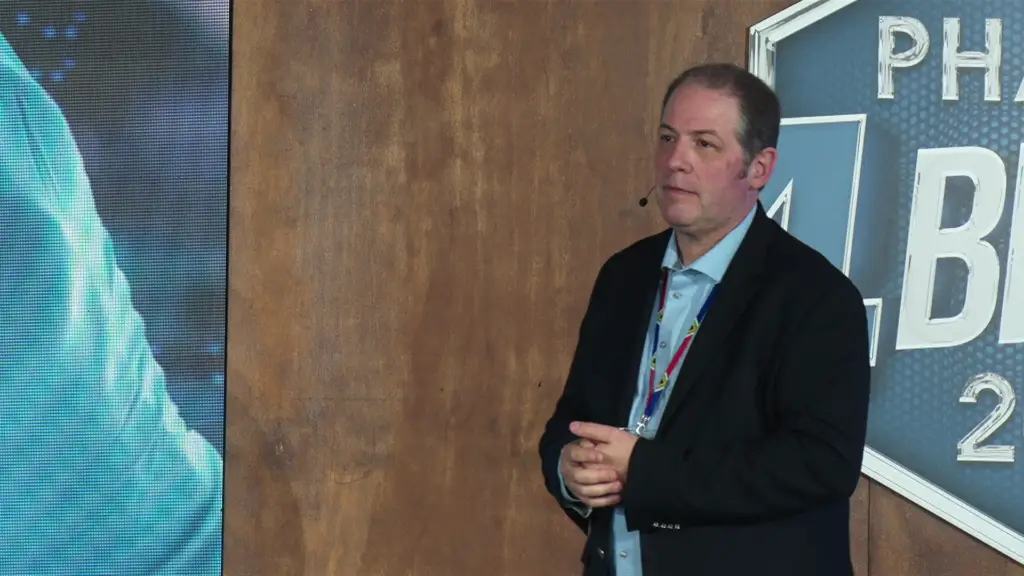
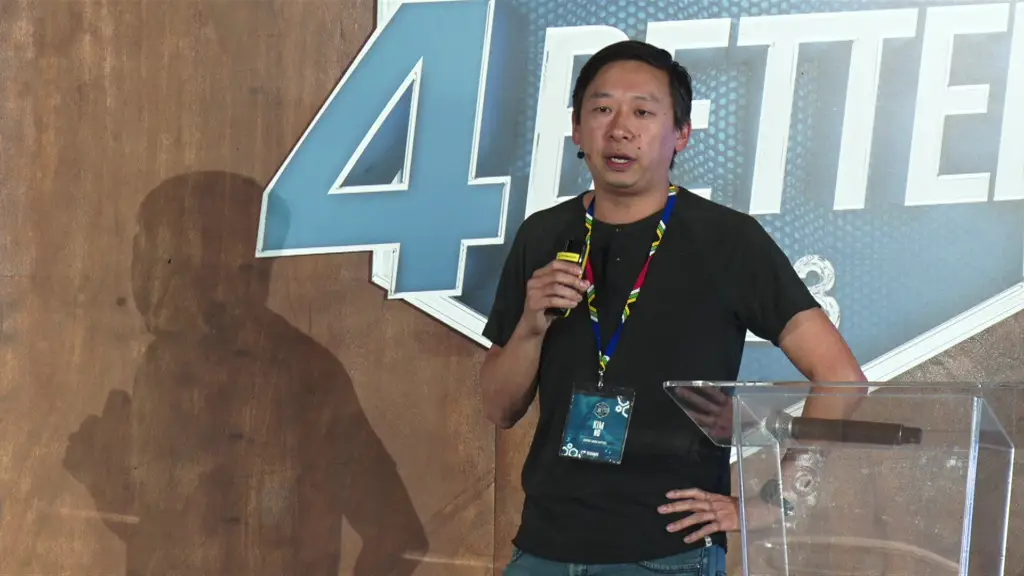
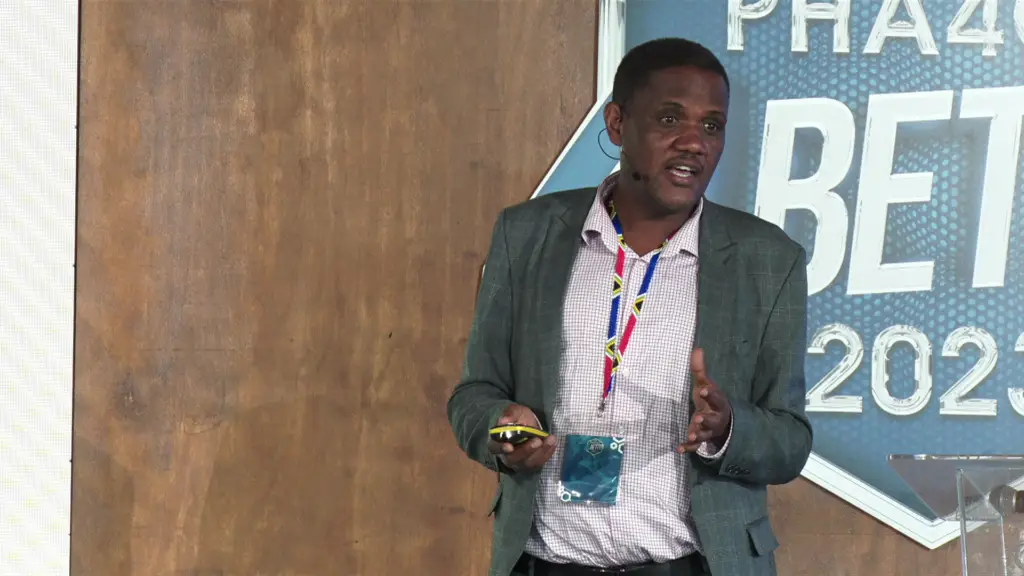
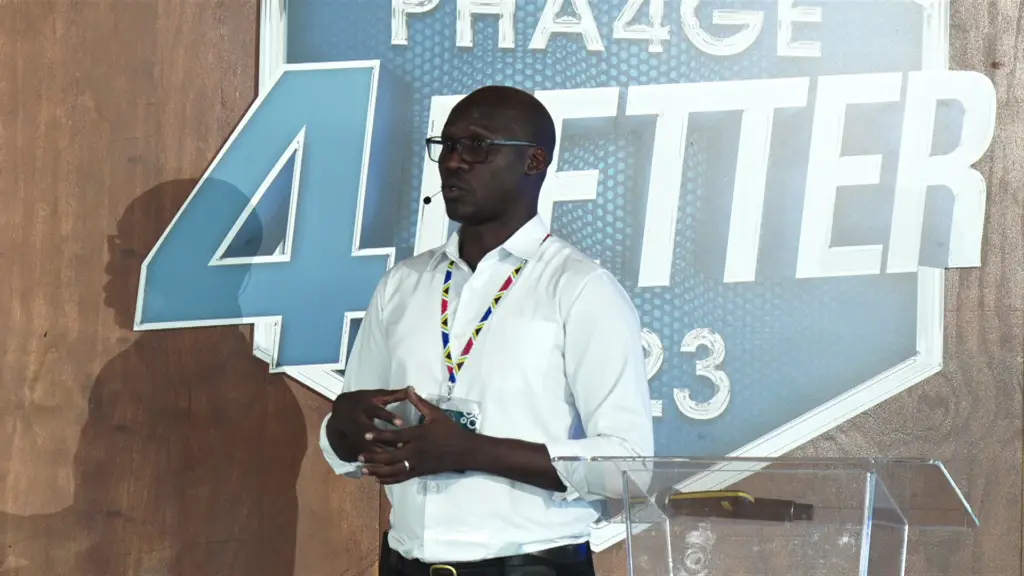
Each presenter brought a unique perspective to the table, emphasizing the urgent need for accessible, scalable genomic solutions. From harnessing innovative technologies to navigating logistical challenges, the speakers showcased real-world examples of progress in the fight against infectious diseases. Their message was clear: by uniting our efforts and leveraging technology, we can transform public health outcomes worldwide.
Harmonizing Pathogen Data Collection: Bridging the Gaps
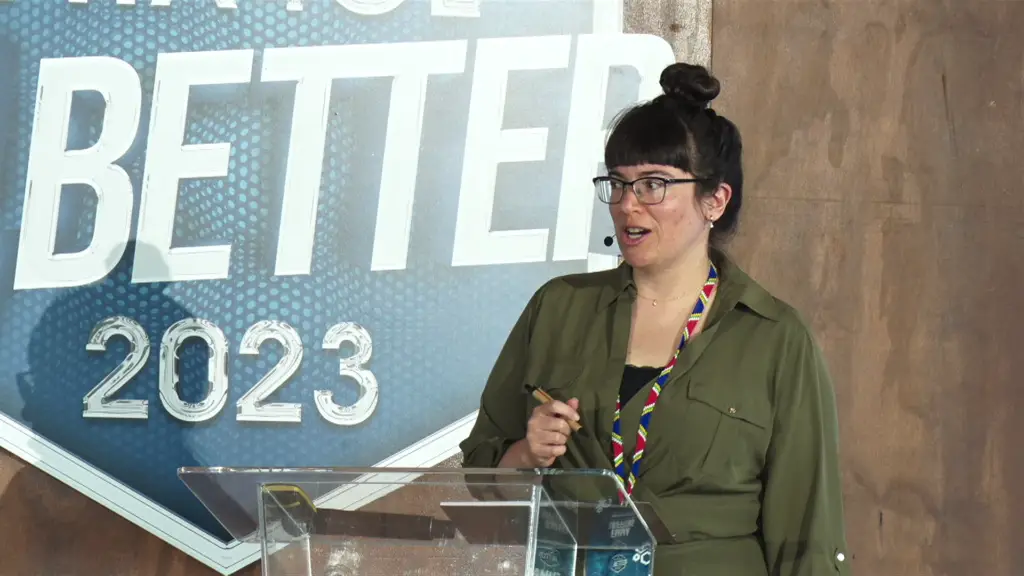
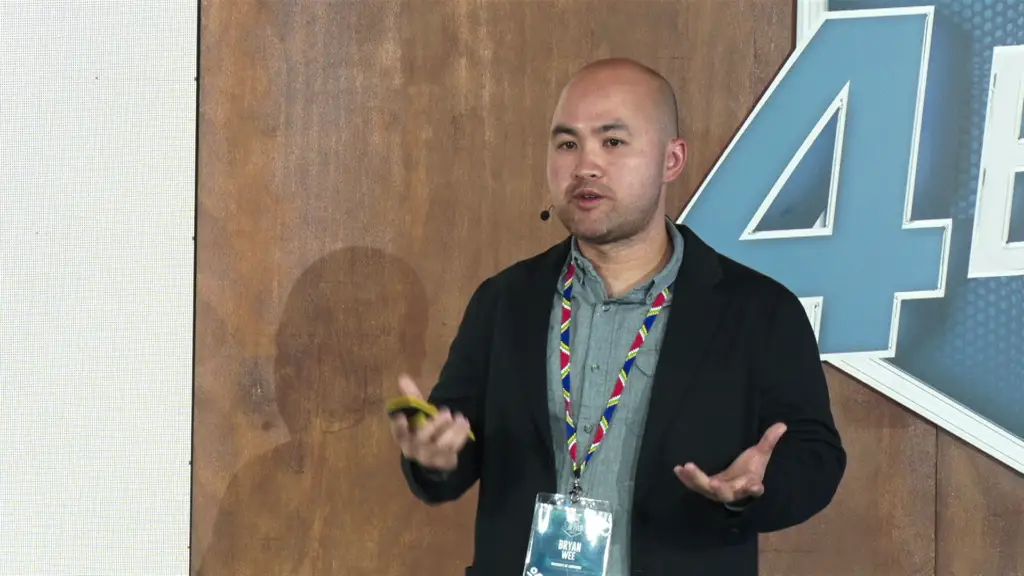
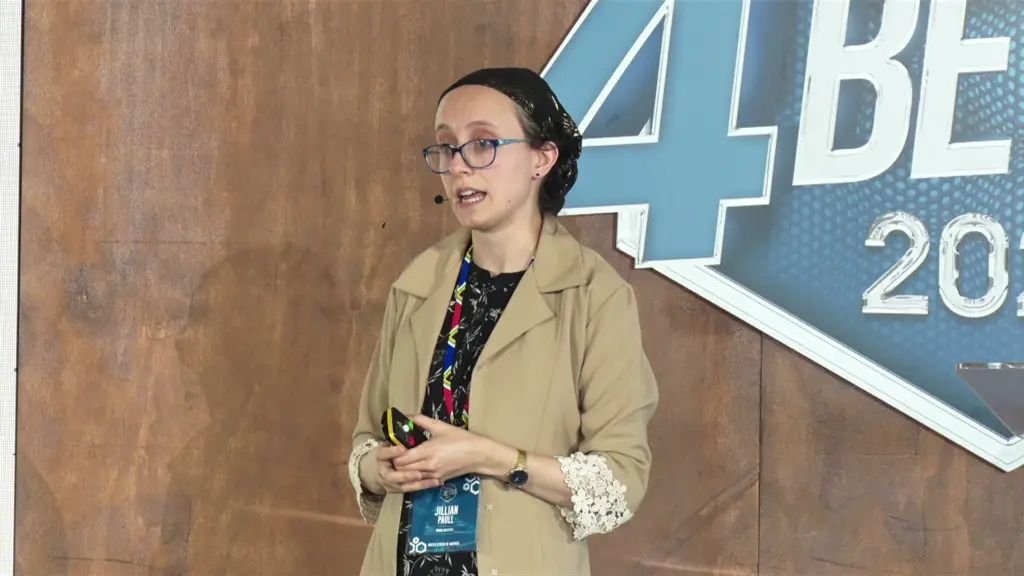
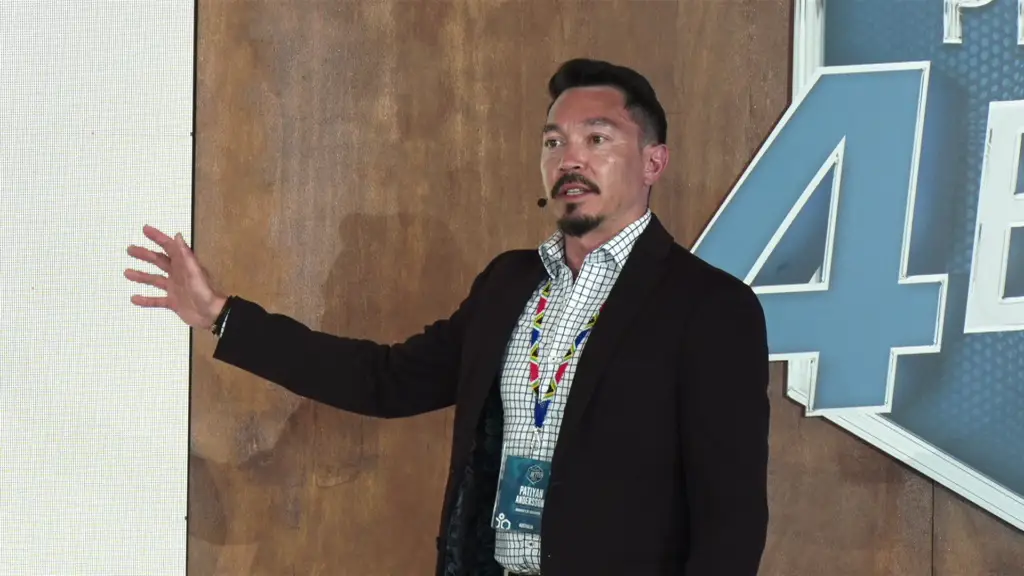
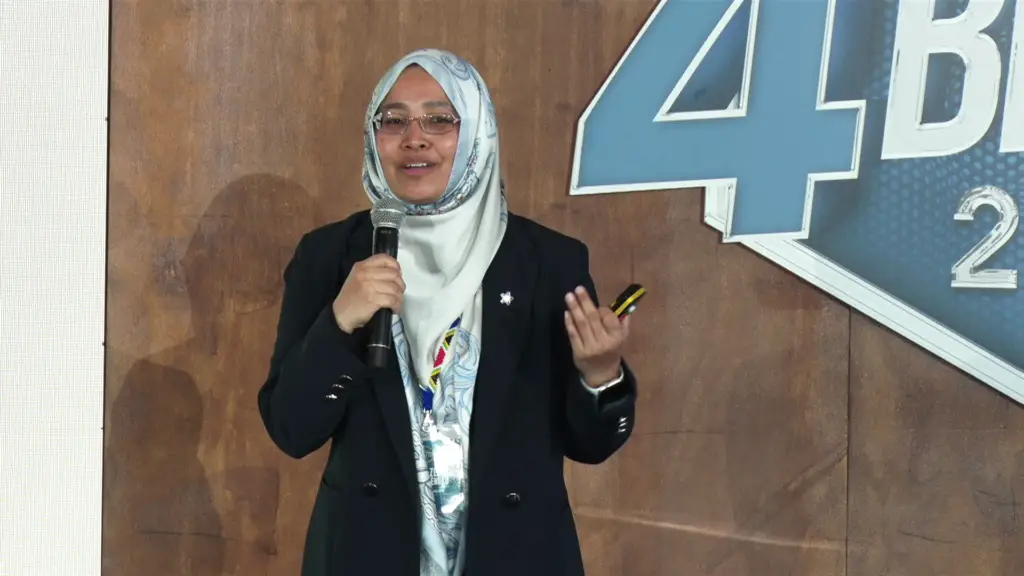
In the next riveting session, experts delved into the critical task of harmonizing pathogen data collection. Bryan Wee from the University of Edinburgh, Jillian Paull from the Broad Institute, Patiyan Andersson from the University of Melbourne, and Zetty Tengku from Universiti Putra Malaysia took center stage to discuss the challenges and opportunities in this pivotal area.
Their presentations underscored the importance of standardization and collaboration in maximizing the utility of genomic data. By breaking down silos and establishing common frameworks, we can unlock the full potential of pathogen genomics to inform public health decision-making on a global scale.
Unveiling Priority Pathogens: Identifying the Threats
As the day progressed, attention turned to identifying priority pathogens. Cebile Lekhuleni from the National Institute for Communicable Diseases – South Africa, Miguel de Diego Fuertes from the University of Antwerp, and Francis Chikuse from the Africa CDC shed light on the evolving landscape of infectious diseases.
Their presentations provided valuable insights into emerging threats and underscored the importance of proactive surveillance and response strategies. By staying ahead of the curve and prioritizing collaborative research efforts, we can mitigate the impact of infectious diseases and safeguard global health.
Rounding out the day, the conference turned its focus to actionable steps forward. Rito Mikhari from the National Institute for Communicable Diseases – South Africa, Dishon Muloi from the International Livestock Research Institute, and Nadim Rahman from EMBL-EBI delivered impassioned calls to action, urging attendees to translate knowledge into tangible outcomes.
Their presentations served as a rallying cry for continued collaboration, innovation, and investment in the field of pathogen genomics. Armed with newfound insights and a shared sense of purpose, attendees left the conference inspired to drive positive change in the realm of global health.
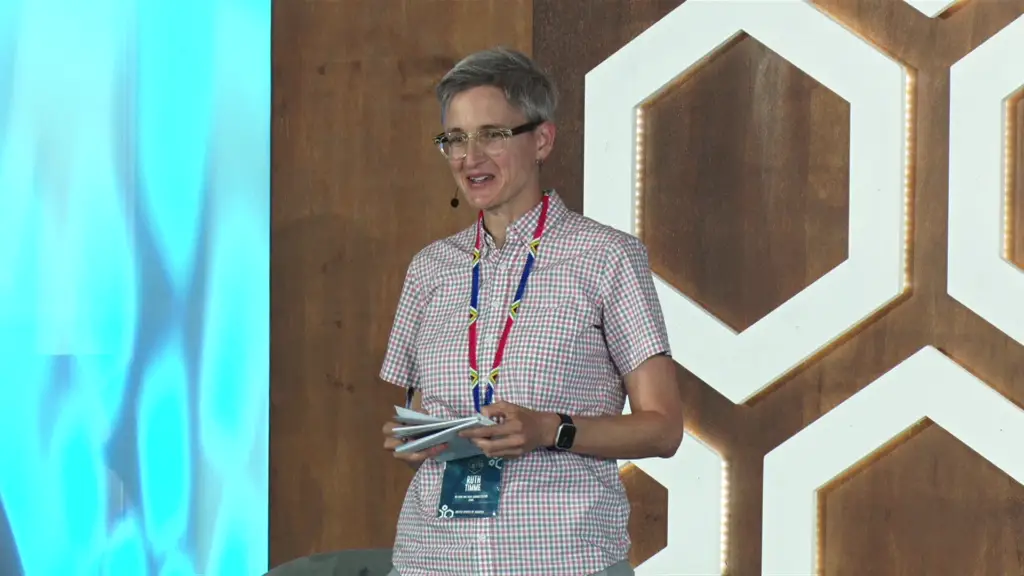
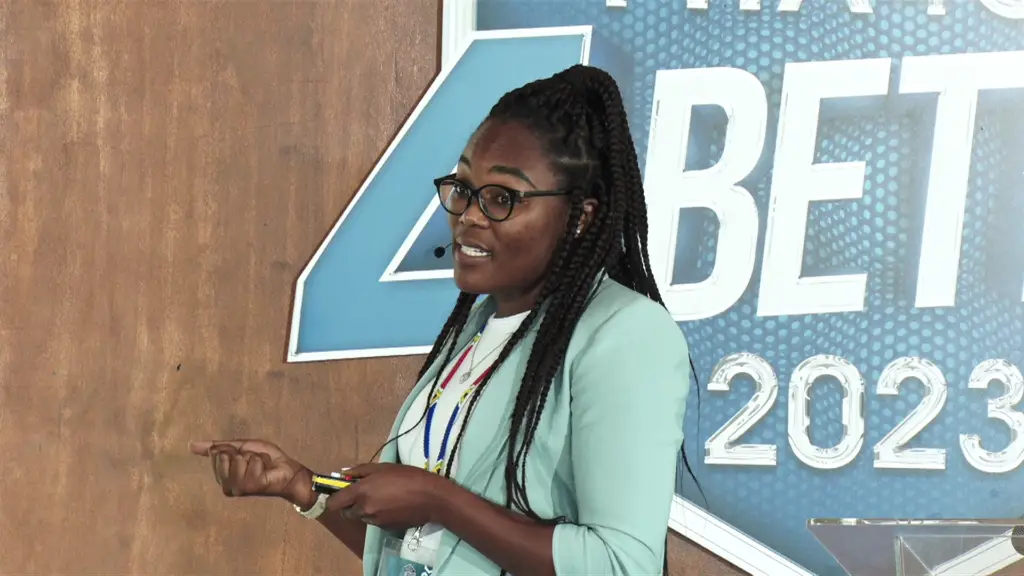
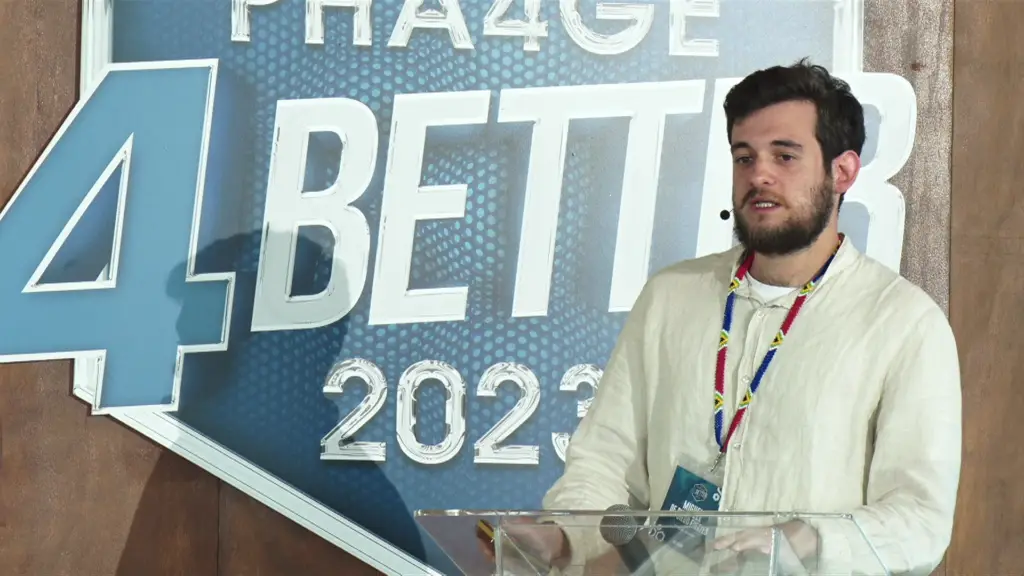
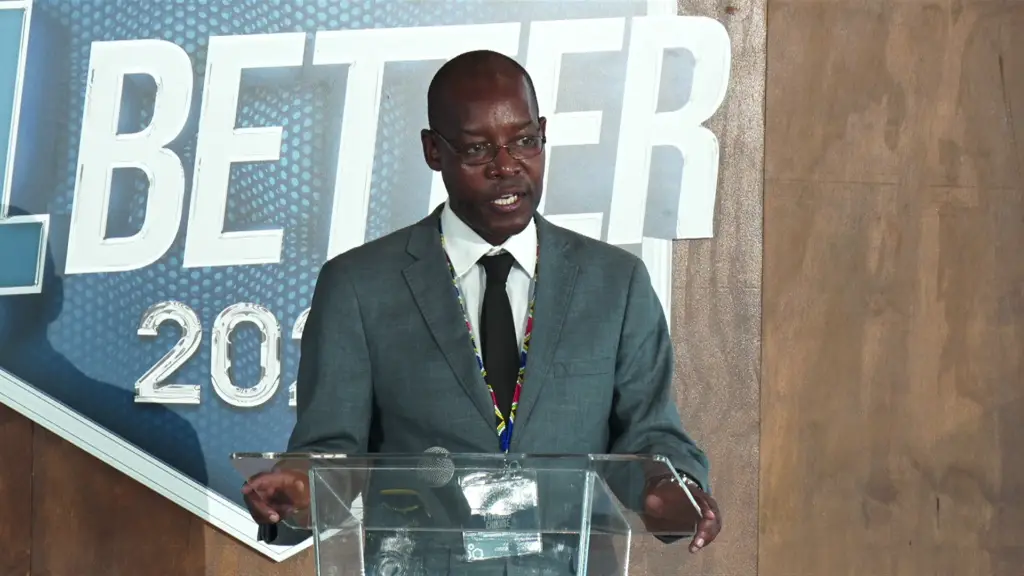
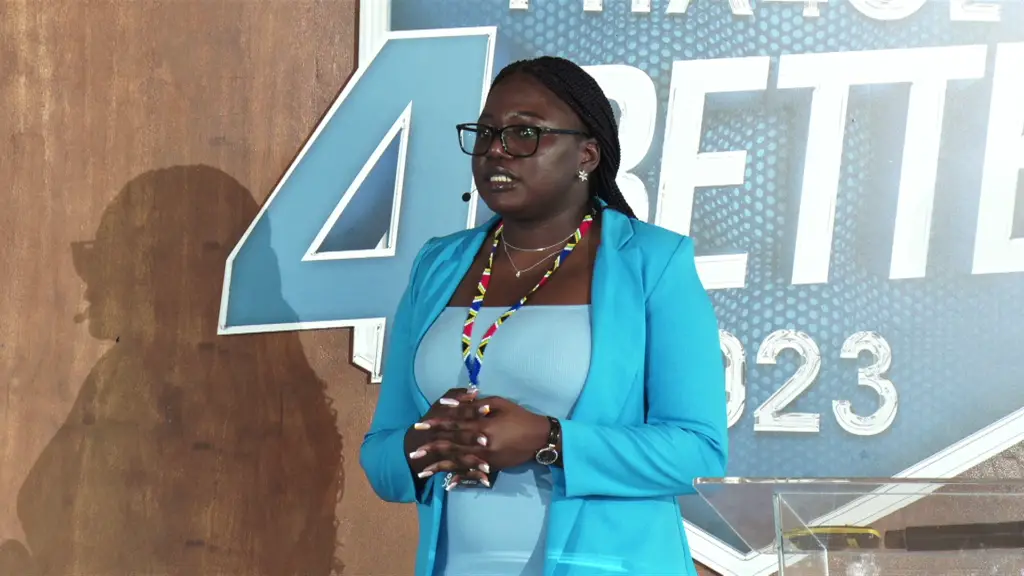
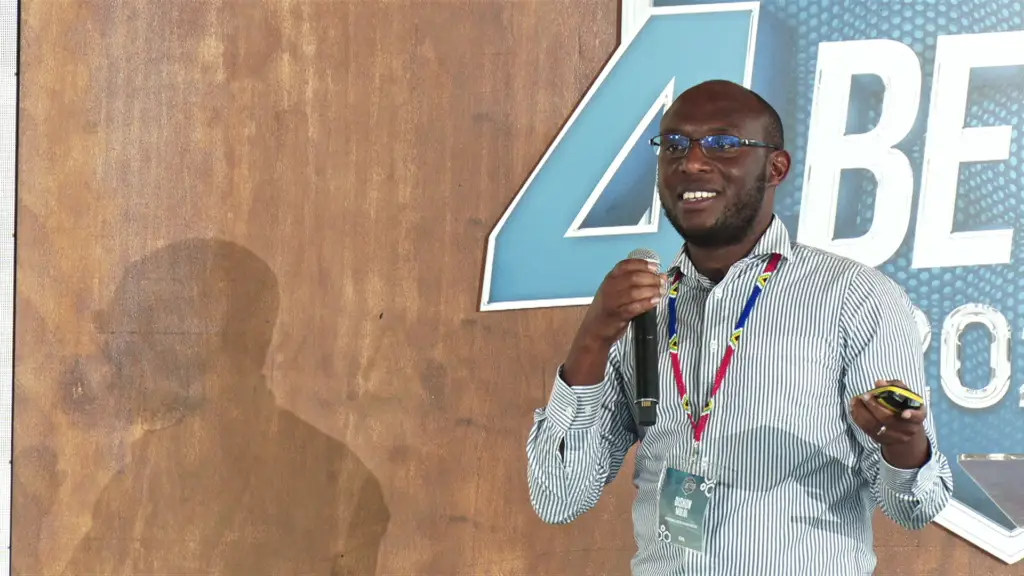
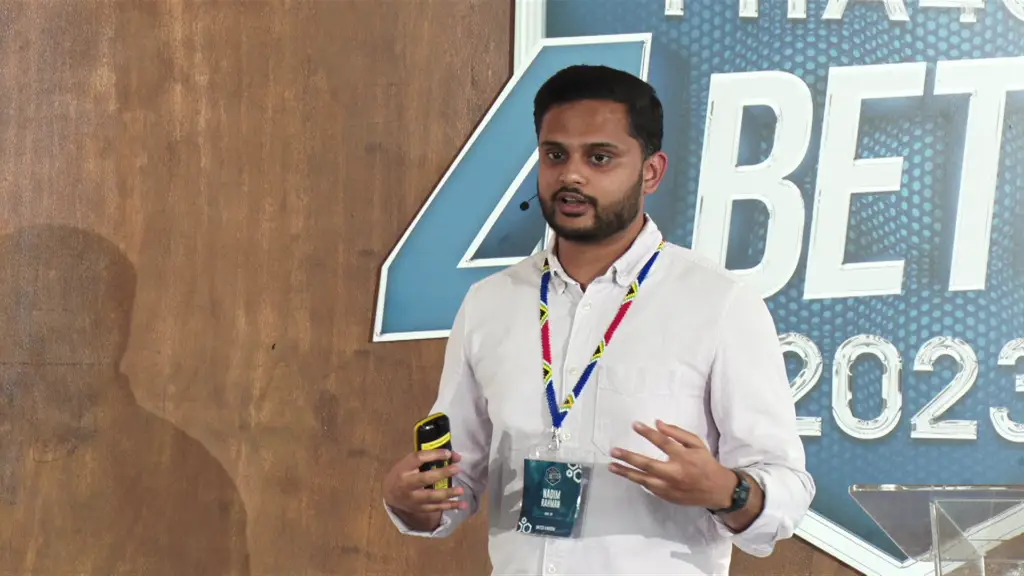
Videos for Day 2 can be accessed here

